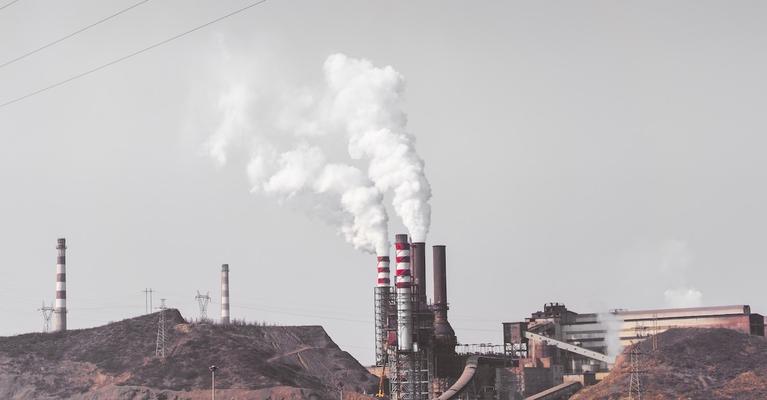
Proposed Updates to EPA’s Cross-State Air Pollution Rule will Protect Communities
Air pollution is dangerous. It’s critical that this proposed rule is enacted.
For decades, dirty fossil fuel power plants and industrial facilities have spewed dangerous nitrous oxides (NOx) and other pollutants into the atmosphere and counted on the wind to carry these chemicals far away.
But out of sight isn’t out of the air.
Too often, this pollution just blows downwind to another state, contributing to asthma, heart and lung diseases, and other respiratory issues in communities that have nothing to do with the facility.
The good news is that proposed updates to the Environmental Protection Agency’s (EPA) Cross-State Air Pollution Rule will help protect our communities from dangerous air pollution.
As EPA Administrator Michael S. Regan explained, “Air pollution doesn’t stop at the state line. This step will help our state partners meet air quality health standards, saving lives and improving public health in smog-affected communities across the United States.”
We agree. And it’s absolutely critical that this proposed rule is enacted.
The update would ensure upwind states limit their pollution to protect people in downwind states that often can do nothing to curb these emissions to protect their residents. It would also expand the scope of the current rule to include additional industrial sources of air pollution and expand the rule's coverage to even more states.
Because ozone and smog-forming pollution can sicken millions of people. Even worse, this pollution inevitably hits frontline communities – including communities of color – hardest.
Young children and even the unborn are also particularly vulnerable.
When pregnant moms breathe in these often-invisible chemicals, it goes right to their babies – right when they’re at their most vulnerable. And the danger doesn’t end once they’re out of the womb. The most critical time for brain development for children happens through the first six years of their lives.
Study after study shows links between fossil fuel pollution and neurological impacts no parent wants for their child. If you don’t want to take our word for it, take the National Institutes of Health’s:
“By impairing children’s health, ability to learn, and potential to contribute to society, pollution and climate change cause children to become less resilient and the communities they live in to become less equitable. … Global pediatric health is at a tipping point, with catastrophic consequences in the absence of bold action.”
EPA projects that the proposed rule would prevent approximately 1,000 premature deaths and avoid more than 2,000 hospital and emergency room visits, 1.3 million cases of asthma symptoms, and 470,000 school absence days.
With numbers like those, we’re not sure there’s even a debate to be had.




